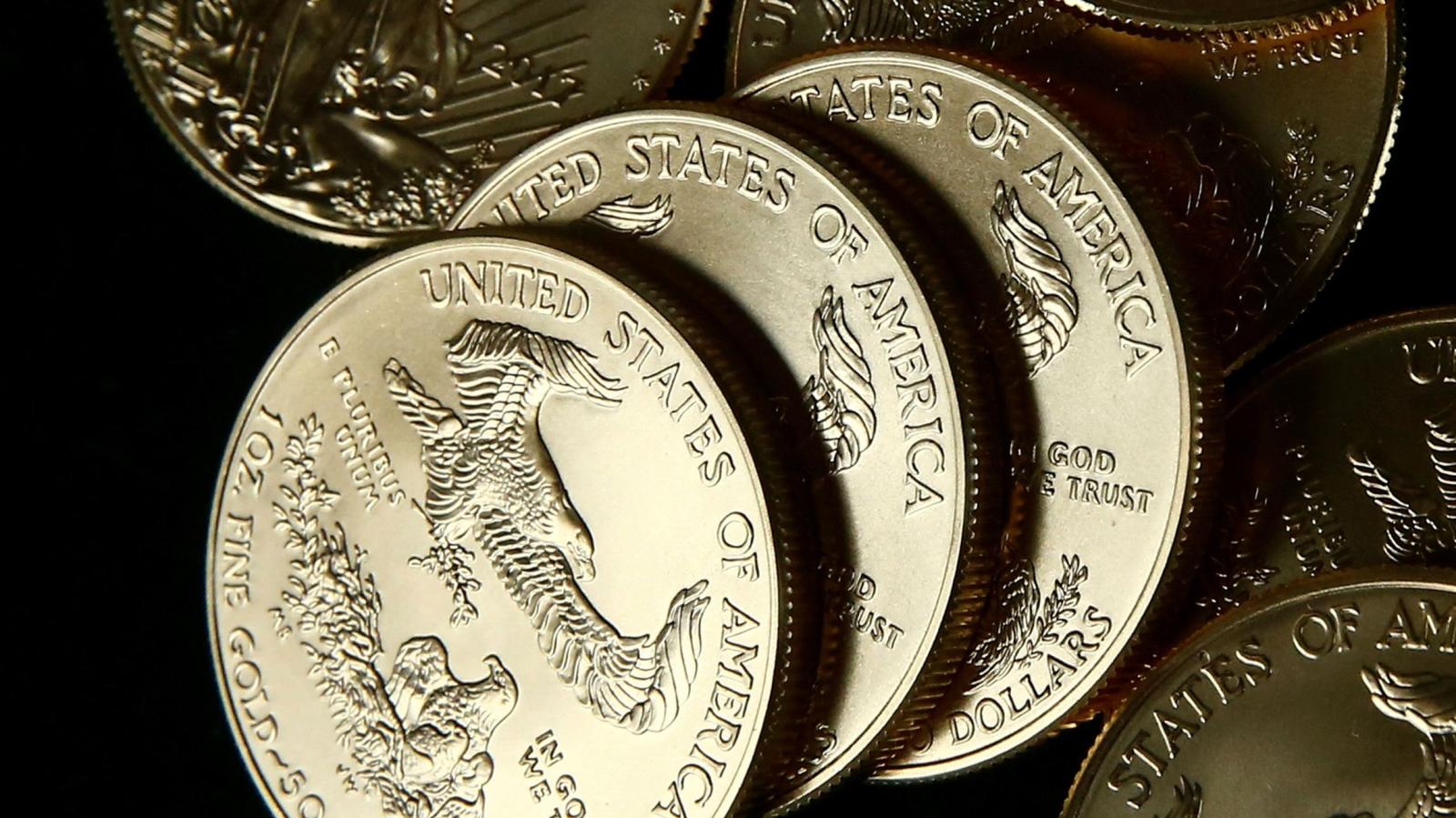Ahead of a crucial Brexit vote, Brits are hoarding gold
Britain teeters on a cliff’s edge. Tomorrow (Jan. 15), the country’s politicians will come together to have their say on UK prime minister Theresa May’s Brexit deal with the EU.


Britain teeters on a cliff’s edge. Tomorrow (Jan. 15), the country’s politicians will come together to have their say on UK prime minister Theresa May’s Brexit deal with the EU.
If they vote for it, the country will have a vague road map with which to navigate its withdrawal from the EU. If they don’t—as seems increasingly likely (paywall)—Britain, and its economy, will tumble forth into the no-deal unknown.
In the interim, British investors are looking beyond the pound to a more traditional store of value: gold. In a Royal Mint statement, the director of precious metals noted a rush by British investors to snap up the shiny stuff amid a squally market. “We have seen a significant increase in demand for gold this month and at the end of last year, a trend which we have no doubt is largely attributed to Brexit turmoil and subsequent market volatility,” Chris Howard said.
Sales of gold first spiked in December, when May announced that she would be delaying the vote, the state-owned Mint said. Around the same time, a Dublin-based gold broker reported a “major surge in demand” from customers in Northern Ireland who anticipated a sterling collapse. Merrion Vaults told Sky News that its Northern Irish clients had risen 70% over the course of the year, with many purchasing as much as a kilogram in one fell swoop.
Sales revenue at the Royal Mint spiked 73% in January from a year earlier, the statement said, while Howard anticipated even more British customers looking to gold in the uncertain months to come. By doing so, however, they are bucking a global trend: December gold prices were at their lowest since August 2017, with investors looking to place their funds elsewhere.